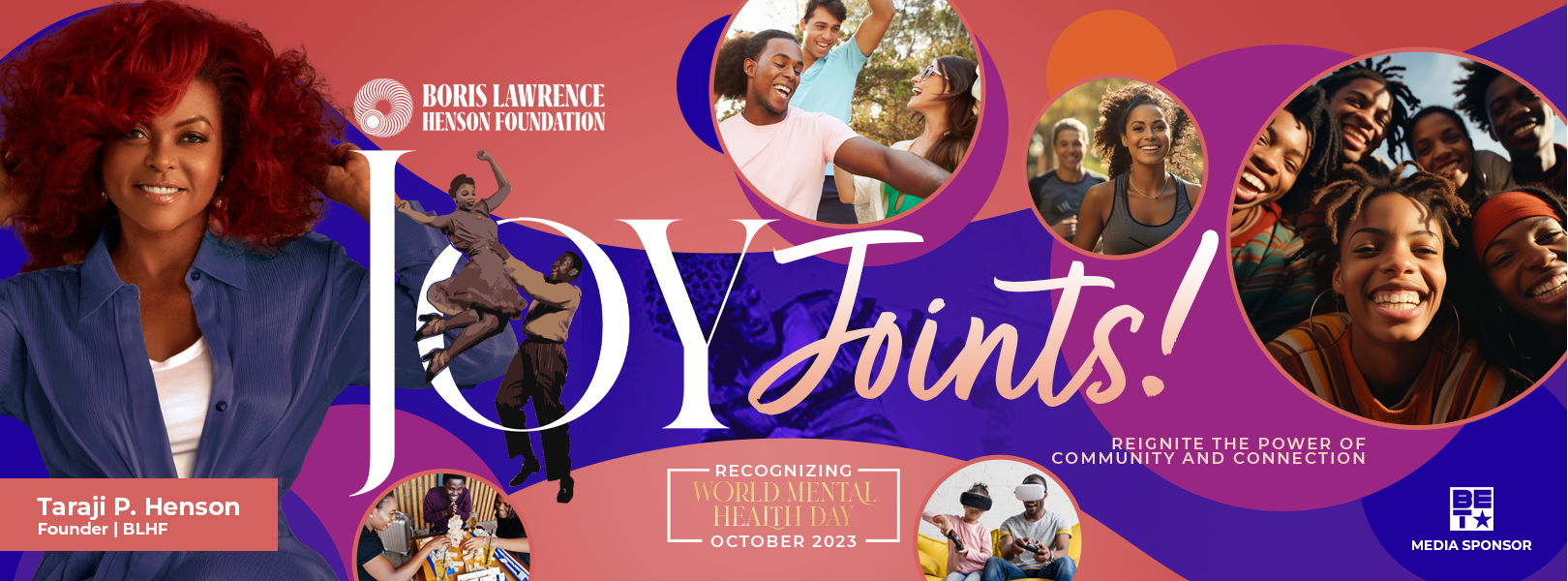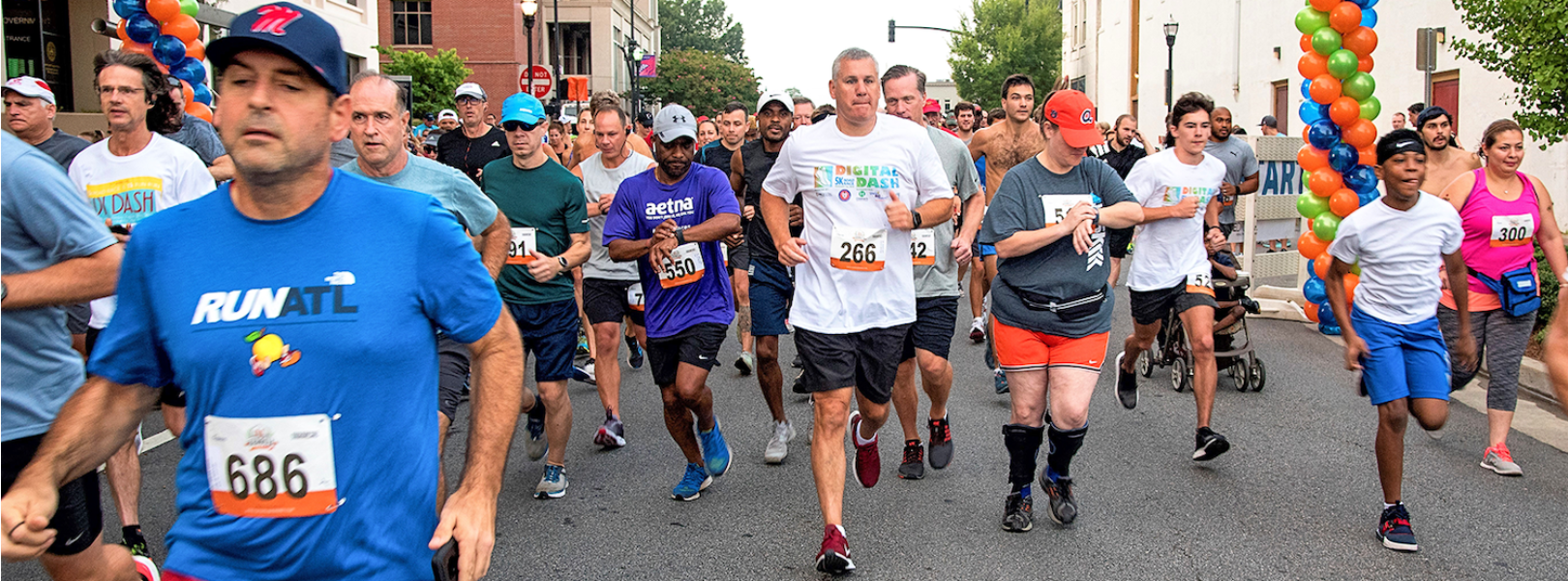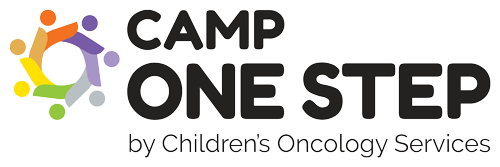#1 Virtual Race & Wellness Events Platform For Non-Profits & Employers
Our virtual races & wellness events empower non-profits to raise funds and engage their supporters, and help employers to drive a healthy & giving culture at an in-person, remote or hybrid workplace.
TRUSTED BY 1,000+ NON-PROFITS & EMPLOYERS






Get started with just a few clicks
1. Ready
Use our self-serve or managed solutions to kick-off your campaign
2. Set
Set wellness and/or fundraising goals and promote campaign
3. Go
Encourage participants as they finish their individual & team goals
Don't just walk, leave your footprints

Lakewood, NJ
Olami's WalkToIsrael 2020
DONATE NOW!
WalkToIsrael - walk, jog or run together with our team, from the Diaspora to Israel over 30 days
$ 2,680,437
3,567

Boris Lawrence Henson Foundation Joy Joints
DONATE NOW!
The Boris Lawrence Henson Foundation - Where Resilience and Joy Transcend
$ 458,957
977

OneDigital DASH 2023
DONATE NOW!
OneDigital - Let’s celebrate our 15th annual OneDigital DASH by completing a 15k virtual race via a wide variety of activities!
$ 267,409
1,266
OUR IMPACT

1,000+
Happy Partners

$14M+
Funds Raised

24B+
Steps Tracked

65K+
Fundraisers
What organizations are saying about us


Rebecca Carr
Head of Global Marketing - Avaya
[Footprints challenge] motivated our team because there was definitely some smack talk in the office!


Suzanne Brace
Executive Director - HopeWell Cancer Support
They really cared about our success & helped us transition a 21 year old 5K to a virtual race!


Jill Kulbock
Director - Team One Step at Children's Oncology Services
We've used many platforms in the past, but Footprints’ support & gamification is unparalleled.


Lori Kehoe
Engagement Manager - Habitat for Humanity of St. Charles County
Our volunteers & corporate sponsors loved it, we’ve decided to run at least one challenge every year.


Amin O. Khatri
CEO - NJ Group Services
It was super easy to set-up. We did the Tug-of-War challenge and achieved 100% participation at our office.




Ready to leave your footprints?
Talk to the team that has helped 1,000+ organizations such as yours run amazing virtual & hybrid races.





